Beginning in the year 2000, Robert Mugabe began snatching white-owned farms for “redistribution” and giving them to the black majority in Zimbabwe. The best properties were given to ministers, generals and retired ambassadors. Many used them as weekend retreats from the city. Mugabe’s wife, Grace, took a vast citrus estate east of the capital, Harare.
In a short time, a country that for half a century had fed itself and exported the surplus was bankrupt, and hungry.
The president’s plan was not so much about agriculture as politics. Young people in the city voted mostly for the opposition. He would put them on five- or ten-acre plots way out of town where they couldn’t join in strikes and riots and they would stop telling journalists that even with their O or sometimes A levels, they couldn’t find work.
Today, many of the farms lie empty and an estimated three million have jumped the border to South Africa where locals say they are taking jobs and driving up rents in townships around the cities. There’s now a saying popular with black youth in Zimbabwe and South Africa: “I don’t want to be on the land, I want to be on the internet.”
South Africa is already 60 percent urban and every day, long-haul buses pull into Johannesburg, Durban, Cape Town and other cities from rural areas. Young men and women climb off with their possessions in a suitcase or wrapped in a blanket. Most have finished high school, many can quote Shakespeare and solve simultaneous equations, but few will find a job.
Rather they will join the millions who live in the towns, sometimes sleeping five-or-more to a one-room shack, usually made of wood and iron, boiling in summer and cold in winter, when there is snow on the mountains. Several of these dwellings share a single shower, toilet and kitchen.
Long before sunrise, the shacks start emptying as young people mostly between eighteen and thirty make their way to the roads, not to catch a taxi but in the hope a passing motorist may pick them up for a day’s work: cleaning, painting, anything.
Johannesburg is 5,000 feet above sea level, and in the pre-dawn chill they huddle at a roadside fire, rubbing their hands. From a car, they look like shadows around the flame as they turn and wave. Most will go home with nothing. This in the country that has Africa’s largest economy.
At the election on Wednesday May 29, South Africa had the chance to vote for a Mugabe land plan, offered this time by Julius Malema who leads the Economic Freedom Fighters (EFF), a party he formed when he was thrown out of the ruling African National Congress (ANC) in 2012 for indiscipline. Malema, now forty-three, had led the ANC Youth League where he peddled the same argument about getting black people onto the soil.
The EFF vote fell below 10 percent, though it had only been a point higher before last week’s election. Malema in parliament is like a young Mick Jagger on stage: loud, bouncy, vulgar but hugely talented. For sixty years, the Rolling Stones knew how to read the public mood. Malema thought he had done just that with his promise to nationalize all land without compensation and divide it up for the people. The voters thought otherwise.
Former president Jacob Zuma also wanted to do a Venezuela, taking over farms, banks and mines, again without paying the current owners and shareholders. His uMkhonto we Sizwe Party (MK) — Zulu for “spear of the people” — is only six months old and won 15 percent of the national vote.
The ANC, for the first time since democracy came to South Africa in 1994, lost its majority and in a parliament of 400 seats now has just 159, well short of the 201 needed to form a government. Despite the talk of socialism on their website and literature, they have been business friendly. In their early years of rule under Nelson Mandela and Thabo Mbeki, they had a stab at buying commercial farms and dividing them up, only to see once thriving operations collapse in ruin.
There is even a Land Party that wants to strengthen property rights but transfer state-owned acreage to the poor. The land they want to give away is known for its long dry winters and frequent droughts. Just what the poor were meant to do with it is hazy. Voters thought so too and the party failed to win a seat.
Polls before the election varied but few thought the ANC would get such a low result. What all the surveys agreed on was why voters had turned against their rulers, and topping every list was “unemployment.”
It was a simultaneous election last week for central government and an administration in each of the nine provinces, headed by a premier with powers similar to a state governor in the US. Provincial names speak to the blend of cultures that make up this country of sixty-two million people. Gauteng which includes Johannesburg and the capital Pretoria, is from the Tswana language and means “place of gold,” a key export. Western Cape refers to the Cape of Good Hope mentioned in the diary of Sir Francis Drake when in 1580 he became the first person to sail around the globe. And Limpopo province — home of Ramaphosa’s Venda people — recalls an ancient chief who gave his name to what author Rudyard Kipling described as the “great gray greasy Limpopo,” the river dividing South Africa and Zimbabwe.
The land-grabbing parties didn’t win a province but Jacob Zuma’s MK clocked up 45 percent in his home region of KwaZulu Natal. Zuma faces dozens of charges in court over his time as president and the state says it has witnesses ready to tell of bribes here and there … and wholesale embezzlement. For now, none of that has been proved and Zuma denies any wrongdoing.
Why 45 percent in KwaZulu Natal? “KwaZulu” means “place of the Zulu,” home to the country’s largest racial group, accounting for one-in-four of the population including Jacob Zuma. And Natal? It’s Portuguese for Christmas because on that day in 1497 the navigator Vasco da Gama became the first European to eye this part of the continent from his ship. For history buffs, the future King Henry Vlll was just six years old.
From the start of his troubles in 2018, Zuma has claimed to be a victim. And he has sought succor among his own people. So far, peace has prevailed but some in MK have warned of violence unless they are part of a future government.
Just about every in South Africa has a phone, often second-hand. Sometimes it is a counterfeit Nokia or Samsung, used for calls but also for WhatsApp, Facebook and to stay in touch with family in the rural areas or friends in town. And to search what few ads there are for work.
Phones have made riots more common because word spreads and people join in. Most of the protests in recent years have been urban and focused on the hideous levels of unemployment. Such anger can turn to violence here very fast.
The election has changed who sits where in parliament but done nothing for youngsters standing patiently by the road. How much longer before they take to the streets?
This article was originally published on The Spectator’s UK website.



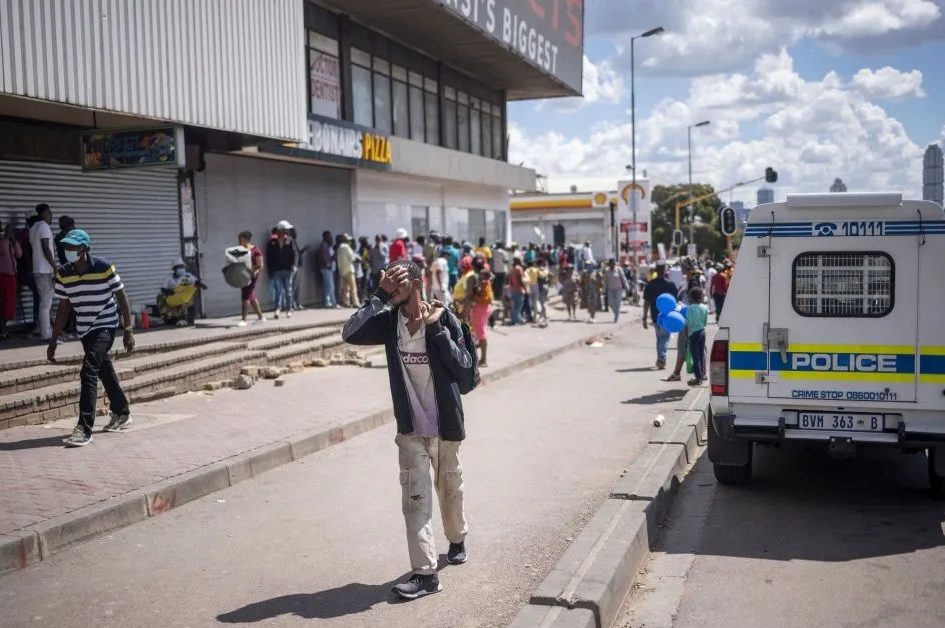






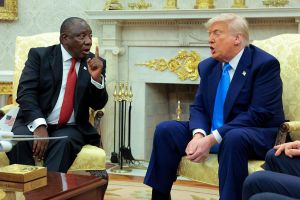
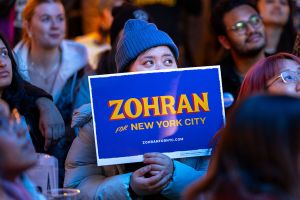
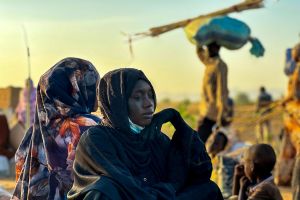
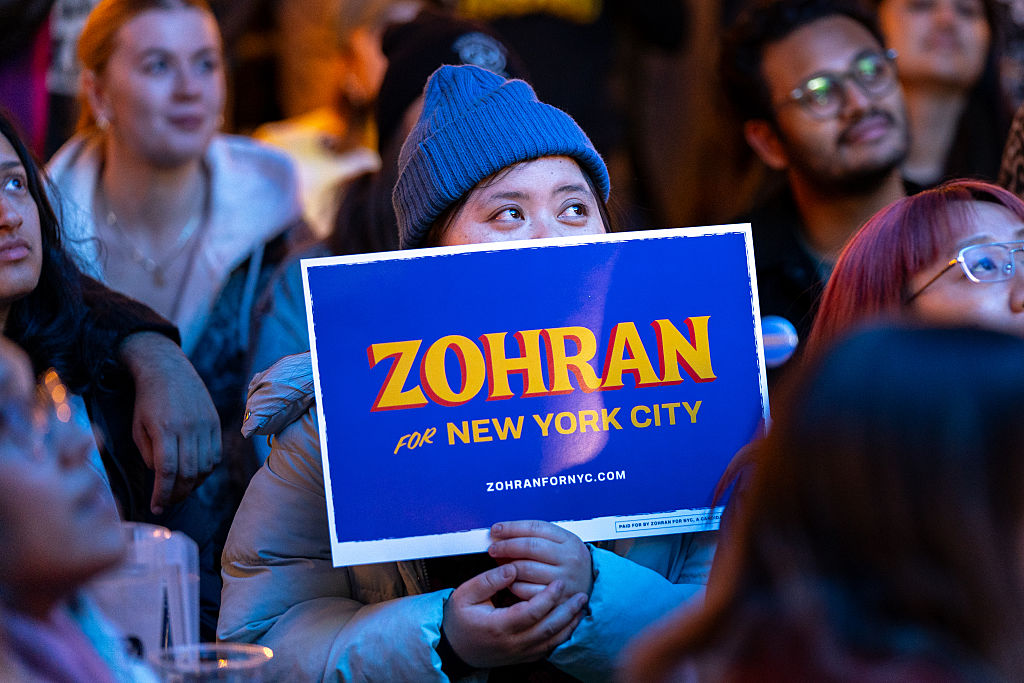
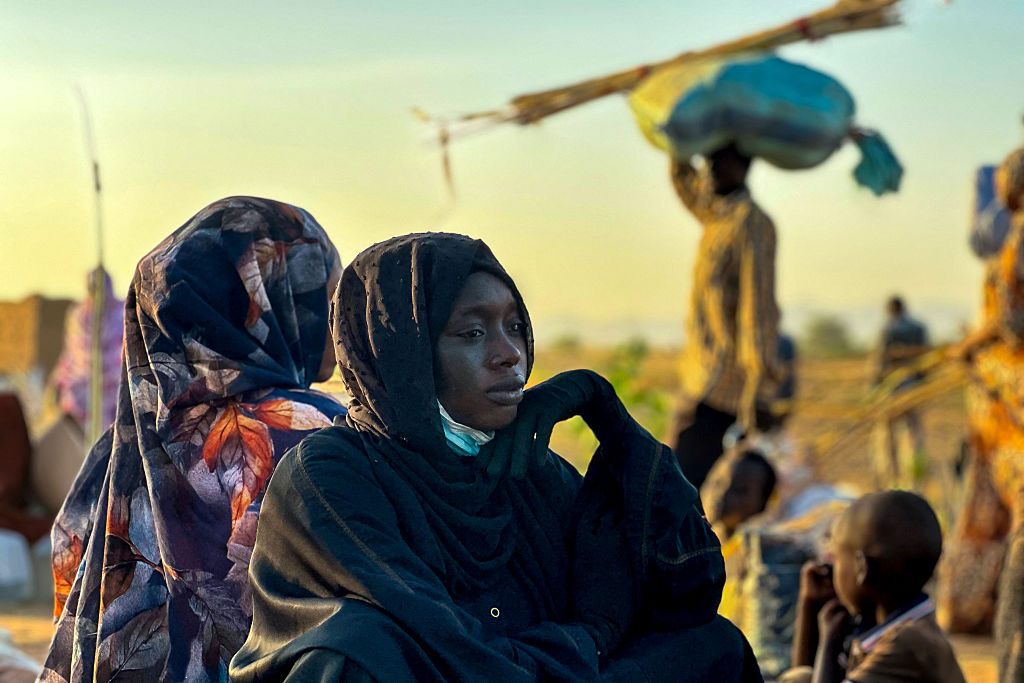
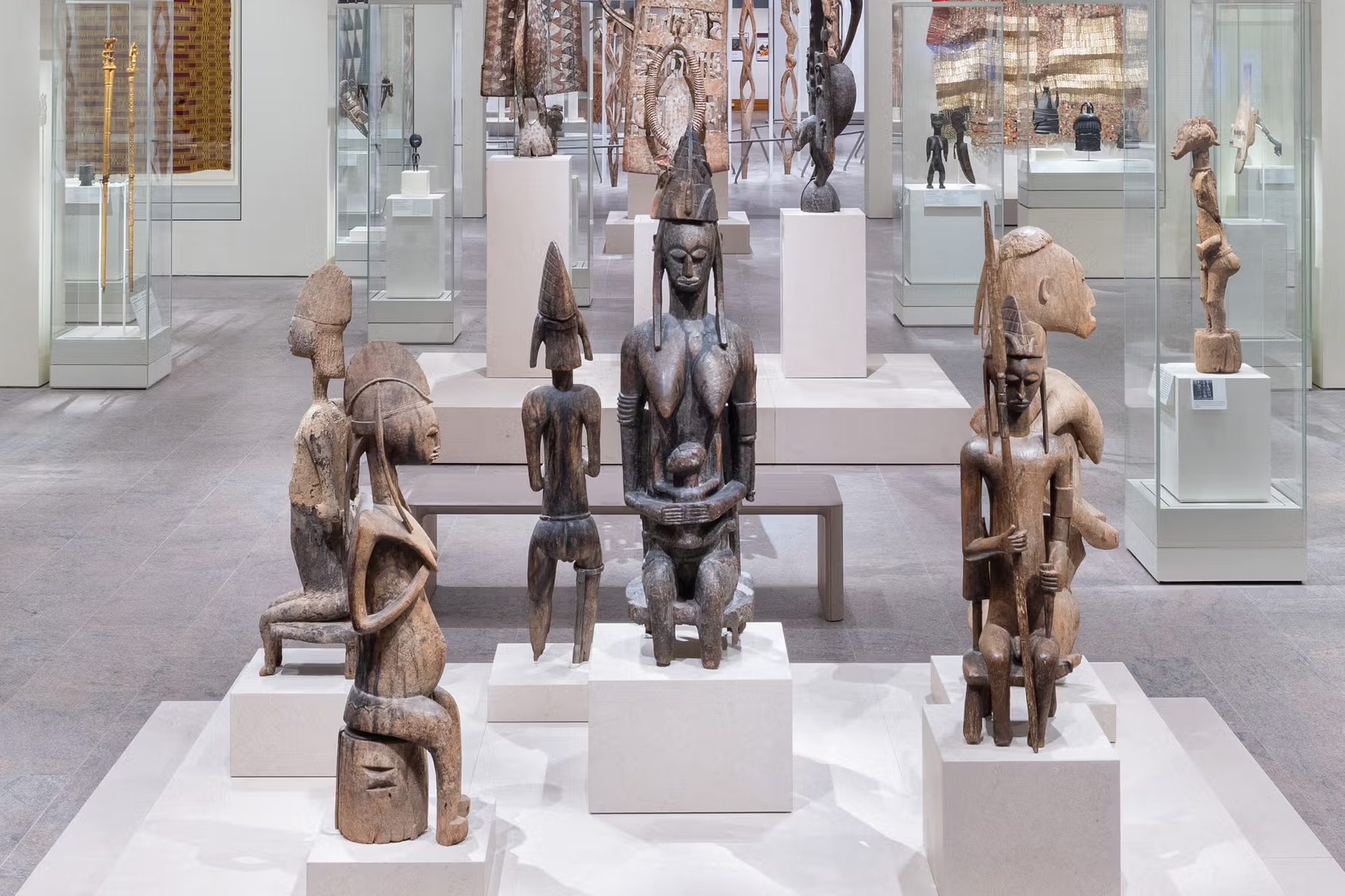
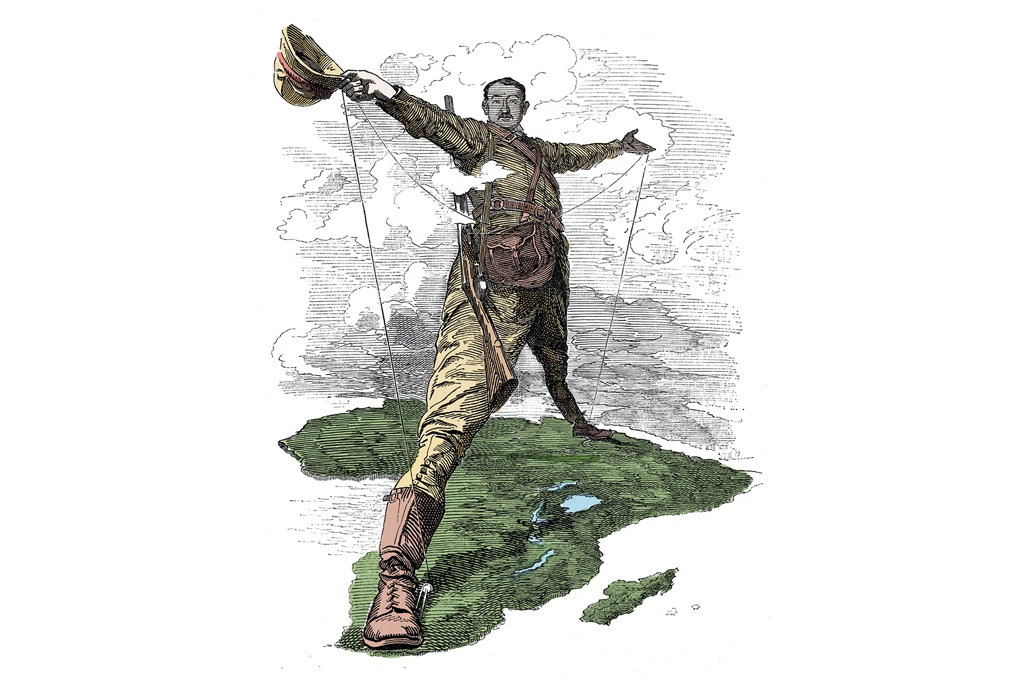
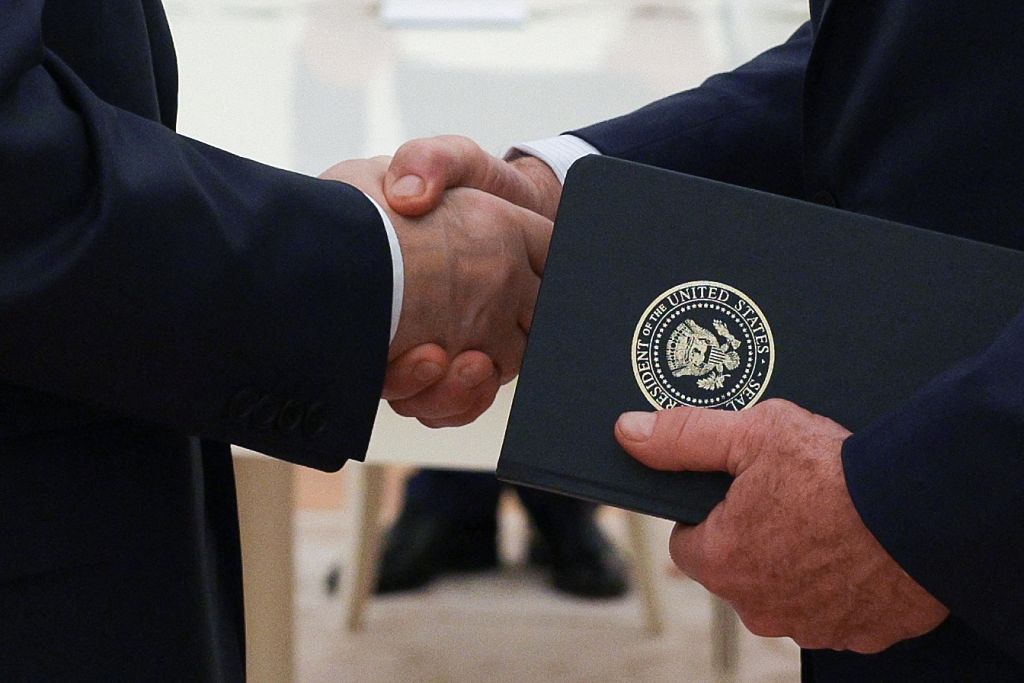








Leave a Reply